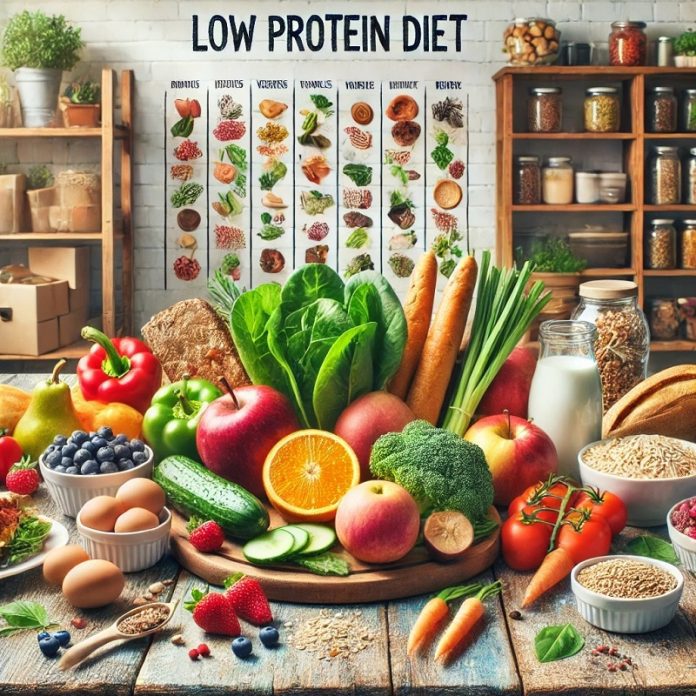
Colon cancer is a serious and common type of cancer that affects the large intestine. Scientists are always looking for new ways to treat it, and one idea that has gained attention recently is whether a low protein diet could help.
The idea is that by cutting back on protein, we might be able to “starve” the tumors and slow down their growth. But does this actually work? Let’s look at the research to find out.
Our bodies need protein to function properly. Proteins are made up of amino acids, which are the building blocks for many parts of our body, including muscles and tissues.
However, cancer cells also need proteins to grow and divide. Some researchers believe that if we reduce the amount of protein available, we might be able to slow down or even stop the growth of cancer cells.
One key piece of research comes from a study published in the journal “Nature” in 2020. In this study, researchers found that when mice with colon cancer were put on a low protein diet, the growth of their tumors slowed down.
The scientists discovered that the cancer cells struggled to find the amino acids they needed to grow. Without enough protein, the tumors couldn’t grow as quickly or as large as they did in mice that ate a regular diet.
This study was important because it showed that diet could directly affect tumor growth.
Another study, published in Cell Metabolism in 2019, looked at how different levels of protein affected cancer growth. Researchers found that lower protein intake reduced the levels of certain amino acids in the blood.
These amino acids are essential for cancer cells to thrive. When these amino acids were in short supply, the cancer cells couldn’t multiply as fast. This suggests that a low protein diet might create an environment that’s less favorable for cancer growth.
It’s not just animal studies that show promise. Some early-stage clinical trials in humans have started to explore this idea as well. For example, a small trial conducted by the University of Michigan in 2021 tested a low protein diet on patients with advanced colon cancer.
The results were encouraging: many patients saw a slowdown in tumor growth, and some even had their tumors shrink. However, it’s important to note that these trials are still in the early stages, and more research is needed to confirm these findings.
The science behind this approach lies in understanding how cancer cells metabolize nutrients. Cancer cells often have different metabolic needs compared to normal cells. They tend to consume more glucose and amino acids to fuel their rapid growth.
By limiting the availability of these nutrients, particularly amino acids from proteins, we might be able to disrupt the cancer cells’ energy supply. This could slow down their growth or make them more vulnerable to other treatments, like chemotherapy.
While the idea of using a low protein diet to fight cancer is exciting, it’s important to approach it with caution. Proteins are crucial for many bodily functions, and cutting back too much can lead to malnutrition and other health problems.
It’s essential to strike a balance and ensure that any dietary changes are safe and sustainable.
Moreover, it’s unlikely that diet alone can cure cancer. Most experts agree that a combination of treatments, including surgery, chemotherapy, and potentially dietary adjustments, will be necessary for the best outcomes.
Diet can be a supportive measure, helping to create a less favorable environment for cancer cells, but it’s not a standalone cure.
In conclusion, the research so far suggests that a low protein diet could potentially help slow the growth of colon cancer tumors by starving them of the amino acids they need.
Animal studies and early human trials have shown promising results, but more research is needed to fully understand how effective and safe this approach is.
If you’re considering dietary changes as part of a cancer treatment plan, it’s crucial to discuss this with your healthcare provider to ensure it’s done safely and effectively.
Follow us on Twitter for more articles about this topic.
Copyright © 2024 Scientific Diet. All rights reserved.





